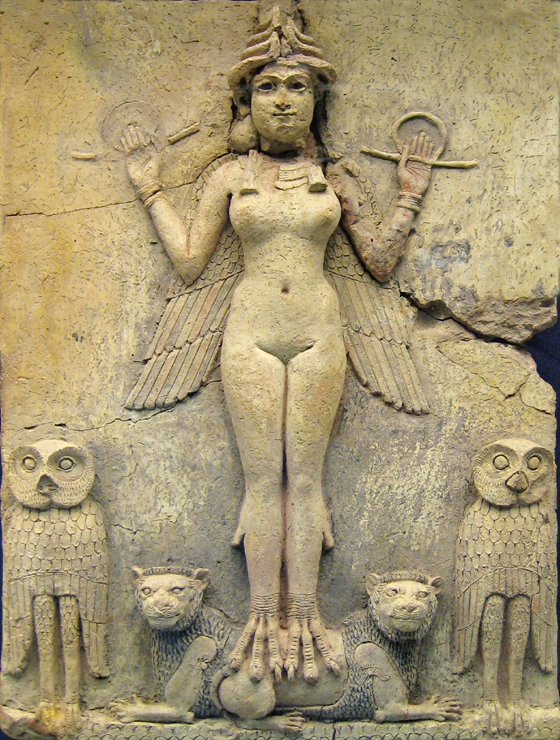A great brand is a story that’s never completely told. A brand is a metaphorical story that connects with something very deep – a fundamental appreciation of mythology. Stories create the emotional context people need to locate themselves in a larger experience.
Scott Bedbury – Nike / Starbucks
…[of an event or occasion] or a brand [of the organization we’ll call “Holiday”]. While timed and associated with the annual Christian observation, The Resurrection, is Easter really just a springtime event that has been branded, that overlays with the Christian observation?
Then we did some digging and found that the name “Easter” originated with the names of an ancient Goddess and God. The basis for this theory is found in the book De Ratione Temporum, a work written in AD 725 by Saint Bede, an English monk and historian. According to The Venerable Bede, April was called Eosturmonath (“Easter-month”) because in pagan times the month was dedicated to Eostre (a.k.a. Eastre); she was the Great Mother Goddess of spring for the Saxon people in Northern Europe. When Christian beliefs spread throughout England, Bede says, Easter-month lent its name to the new April festival. Similarly, the “Teutonic dawn goddess of fertility [was] known variously as Ostare, Ostara, Ostern, Eostra, Eostre, Eostur, Eastra, Eastur, Austron and Ausos.” Her name was derived from the ancient word for spring: “Eastre”.
Naming is a strategic and is a critical component for connecting to and creating a relationship with consumers that results in sales. We’ve seen how names can be so strongly associated with events and activities that they have become synonymous. For example, how many people still say Xerox when they are referring to making a copy on any machine? Consumers consciously and subconsciously connect emotionally and logically with names. Appropriately designed naming and branding research helps us to understand how naming options connect or not with target consumers.
Naming research basically endeavors to find the best name for a specific product- tangible or intangible- in order to leverage brand success. A successful product name echoes and adjusts to the customer’s needs so accurately that just the name sells the product. Or, it may be so unusual and entertaining that the “cool factor” is the connection, i.e. Uber, which by definition, has nothing to do with being a taxi alternative.
At Marketing Workshop, when conducting Naming and Brand research, we begin by fully understanding the communication objective for the name, and the significance of the various product or service attributes, features or benefits. Subsequently, we translate this information into written concept statement options that are presented early in the research process to target consumers to garner reactions. Depending on the objective our clients wants to convey, the name of the products will not always be functional, but also could result in a great story or experience. “Easter” is an interesting example of a name for an intangible product that has transcended for centuries (has changed linguistically to adapt to different languages and markets, but has prevailed as a brand). Easter does not sell the image of the Goddess “Eastre” herself or her statue, but sells the concepts she represents: spring, changes, April, fertility and so forth: Concepts that fit accurately with people’s emotions and “needs” for centuries of history. Today we don’t need centuries of history to understand the value of a product name because we have the guidance of naming and branding research.
A product or service name often precedes the visual brand elements. One of the biggest challenges for a new product may be competing to get the attention of the customer; success depends on name recognition and recall to proliferate the brand. Naming research helps us understand if we’ve achieved the consumer connection that sells and typically begins with Qualitative Research to vet ideas and feeds into Quantitative Research to validate and direct decision.
~ Cari Pirello
